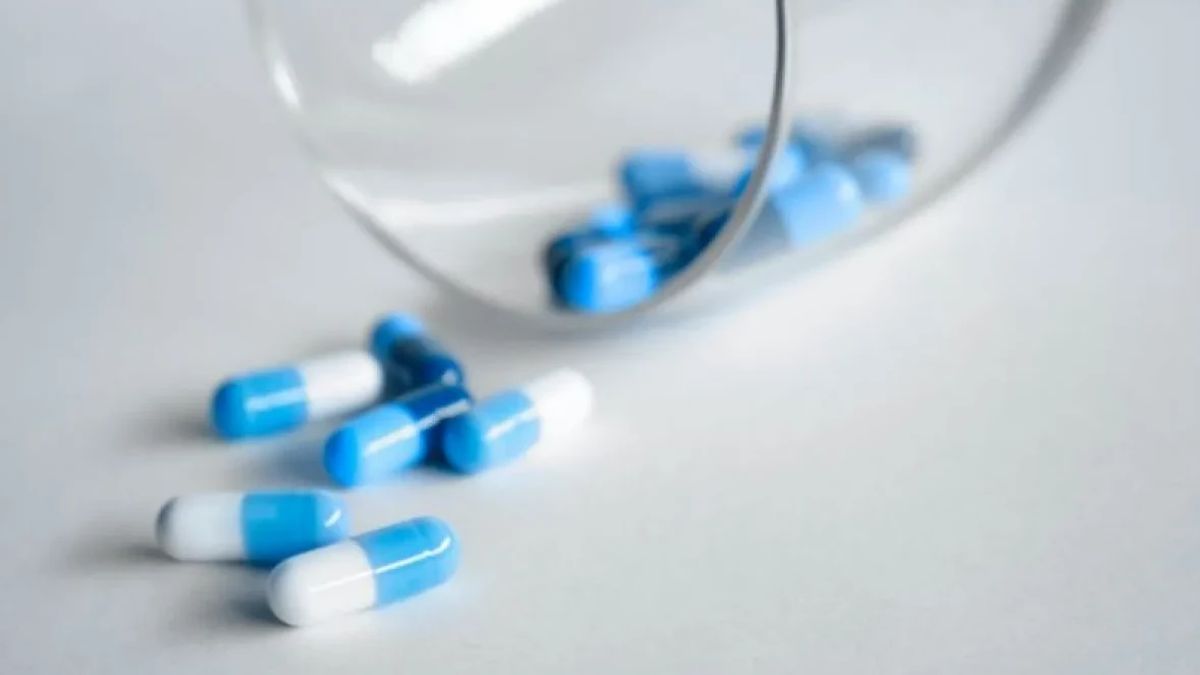JAKARTA - There are a number of assumptions about weight loss drugs. One of them can help reduce the risk of heart disease. Is that right?
Regarding this assumption, researchers studied several types of weight loss drugs and apparently there are indications of other benefits, including helping reduce the risk of heart attack, stroke, and death in stroke survivors. Researchers in a new study evaluated health data from 7,044 adults hospitalized due to acute ischemic stroke between January 2000 and June 2022. They followed study participants to understand how two classes of type 2 diabetes drugs and weight loss can reduce the risk of heart attack, secondary stroke, or death in stroke survivors. Two classes of type 2 diabetes drugs and weight loss investigated by work are agonists of glukagon-like peptide-1 (GLP-1) receptors such as liraglutide and semaglutide or inhibiting sodium-glucose coploror 2 (SGLT2) such as canagliflozin and dugliflozin.
The preliminary results of research presented in the American Heart Association's Scientific Sessions 2024 show, after an average of three years of adults consuming GLP-1 or SGLT2 experienced a 74 percent decrease in the risk of death and a 84 percent decrease in the risk of a heart attack. Those who consume the SGLT2 inhibition are also 67 percent less likely to experience the next stroke. "Unfortunately, a quarter of people who survived the stroke will experience another stroke, and they are also at risk of experiencing other cardiovascular events such as heart attacks, as many risk factors stroke is also associated with other forms of heart disease," said study lead author Dr. M. Ali Sheffeh, a researcher at Mayo Clinic, Minnesota, United States. He said that the risk-risk management as well as the search for a new approach to help reduce the chances of stroke, heart attack, or death is an important step in an effort to improve survival and improve the quality of life of people who have had a stroke.
The researchers noted that the risk of heart attacks, secondary strokes, or deaths in stroke survivors continued to decline even though they were adapted to other factors such as age, gender, smoking status, hypertension status, type 2 diabetes status, peripheral arterial disease, hyperlipidemia, chronic kidney disease, as well as a history of heart attacks or heart failure.
SEE ALSO:
The death rate among stroke survivors who consumed one of the two classes of type 2 diabetes drugs and weight loss was recorded at 11.8 percent, lower than 54 percent in those who did not take the drug. The heart attack rate among patients who took one of the drugs was 1.5 percent while in those who did not consume it reached 6.1 percent. Even though the probability of a second stroke in those who underwent treatment and was not nearly the same, about 6 percent, the researchers concluded that there was a link between the consumption of one of the drugs and the reduction in the risk of repeated stroke when considering various variables. "When comparing several variables, we were still able to conclude that treatment with one of these drugs relates to a reduced risk of repeated stroke even though the rate is similar between patients who receive it and those who do not receive treatment," said Dr. Sheffeh. (Ant)
The English, Chinese, Japanese, Arabic, and French versions are automatically generated by the AI. So there may still be inaccuracies in translating, please always see Indonesian as our main language. (system supported by DigitalSiber.id)

















